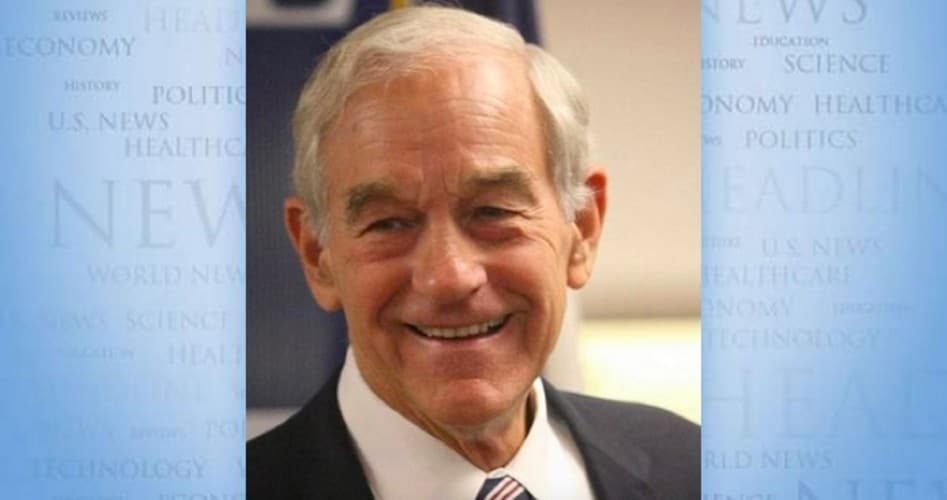
The mainstream media has declared former Vice President Joe Biden the winner of the 2020 presidential election. However, this does not mean the 2020 Presidential campaign has come to an end. President Donald Trump is continuing his legal challenges to the vote counts in some key states.
The emotional investment of many Americans into the race between Trump and Biden would have shocked the drafters of the Constitution. The Constitution’s authors intended the presidency to be an office of strictly limited powers that would not impact most Americans. The Constitution authorizes the president to administer laws passed by Congress, not create laws via executive orders. The president serves as Commander-in-Chief of the military following a Congressional declaration of war, with no authority to unilaterally send troops into foreign conflict.
The Founders did not intend for the president to set the “national agenda,” and they would be horrified to see modern presidents assume the authority to order American citizens indefinitely detained and even killed without due process.
The idea that the president should exercise almost unlimited powers is a legacy of the progressive movement. Progressives, who are responsible for the rise of the American welfare-warfare state, have an affinity for a strong Presidency that is not surprising. A government that aspires to run our lives, run the economy, and run the world requires a strong executive branch unfettered by the Constitution’s chains. The Cold War also provided a boost to presidential power, as it justified presidents assuming more unchecked authority in the name of “national security.”
The concentration of power in the executive branch does not mean presidents are all-powerful. For example, even though presidents are judged by the state of the economy, the unelected, unaccountable Federal Reserve Board typically has greater influence over the economy then the president. Presidents often must tailor their economic policies to deal with the consequences of the Fed’s actions. This is why presidents spend so much time and energy trying to influence the “non-political” Fed. Fed Chairs usually, but not always, reciprocate by attempting to tailor polices to be “useful” to the incumbent president.
It has become cliché to say that “politics stops at the water’s edge.” This means no one — not even Members of Congress, should ever oppose or second-guess a president’s foreign policy decisions. However, this rule does not apply to those comprising what has become popularly known as the “deep state”: the military-industrial complex, the national security bureaucracy — including the CIA — congressional staffers, and members of the media. This deep state serves a permanent government and has an agenda it pursues regardless of the wishes of the president or the American people.
The deep state has derailed President Trump’s (modest) efforts to fulfill his campaign promise to pursue a less interventionist foreign policy and end the wars in Afghanistan and Iraq. Members of the deep state were instrumental in the Russiagate hoax and the impeachment of President Trump. Many supported impeachment because President Trump’s actions contradicted the DC “consensus” on US-Ukraine relations and the need for a new Cold War with Russia. President Trump is not the first president to be undermined by the deep state and he will certainly not be the last.
The 2020 election has awoken many Americans to the corruption of the modern welfare-warfare state. These Americans are ripe for the message of liberty. They can help with the vital task of demystifying the US Presidency, destroying the deep state, restoring our constitutional republic, and regaining our lost liberties.
Ron Paul is a former U.S. congressman from Texas. This article originally appeared at the Ron Paul Institute for Peace and Prosperity and is reprinted here with permission.



